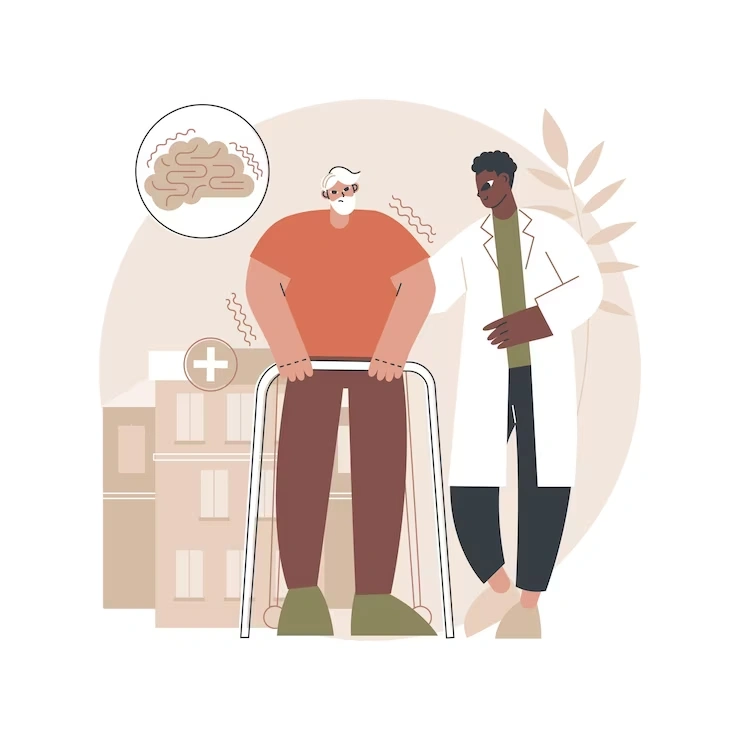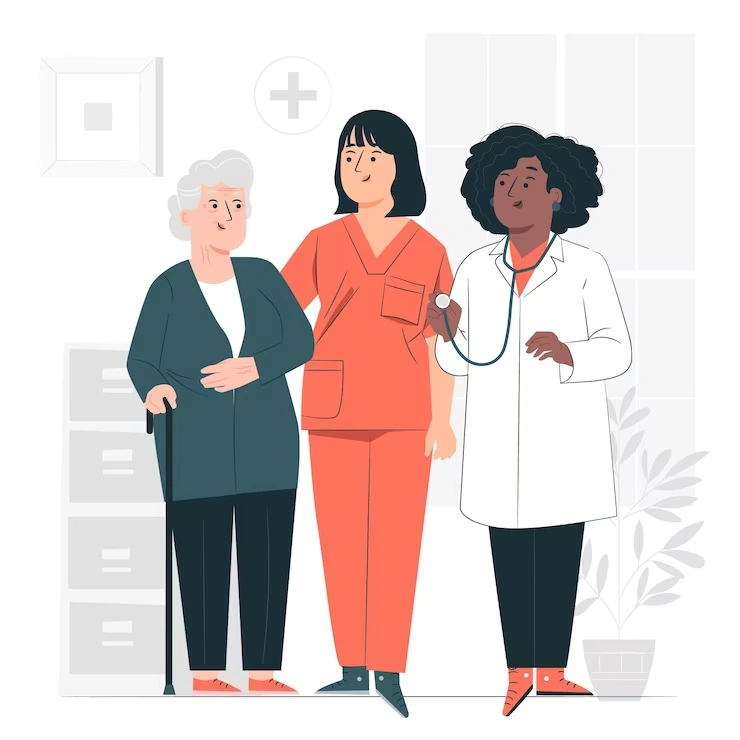Senior Citizens: They need to be careful about risks of polypharmacy
Medication is the most commonly used medical intervention for health improvement. However, in elderly patients, medication prescription becomes a complicated task that presents a challenge to the clinician. The aging population is a growing concern all over the world, including in India. As we age, the number of ailments increases, including common issues like blood pressure, diabetes, joint pains, and occasional weakness, as well as severe ailments like cancer or mental impairment. Elders fall into the trap of polypharmacy as a result of the problem of multiple ailments.
Polypharmacy is defined as the use of various medications by an individual at the same time, as well as the clinical suitability of such use. Polypharmacy is more common in the elderly population. To avoid polypharmacy, all elderly patients should consult their primary care doctor or a geriatric consultant.
Polypharmacy Effects:
Multiple medications, if not properly controlled and monitored, can have negative consequences. Some of these may have minor physical consequences. However, some other medications, if used without appropriate medical supervision, can cause serious physical and mental illnesses.
Overdoses of medication, drug interaction with certain medications, and the use of unnecessary medications all have long-term consequences. These can harm a variety of sensitive organs, such as the liver, kidneys, urinary system, lungs, or heart, and are sometimes fatal. Excess D3, for example, can cause serious toxicity; an overdose of blood thinners can be dangerous, and so on. The composition of some alternative medicines is unknown, and these may also harm the organs.
Conclusion
Because of the necessity to treat the multiple diseases that progress with age, polypharmacy is common among the elderly. Although deprescribing unnecessary medications are one method of limiting polypharmacy, under prescribing effective therapies in elderly patients is a cause for concern. As a result, healthcare providers must assess each drug and weigh its potential side effects against the potential benefits. Advances in information technology, like electronic prescribing, electronic health records, and digital laboratory results, will aid in the prevention of adverse drug effects and drug interactions. Medication management in the inpatient and outpatient settings is now possible thanks to administrative changes and technology-driven prescribing systems.











